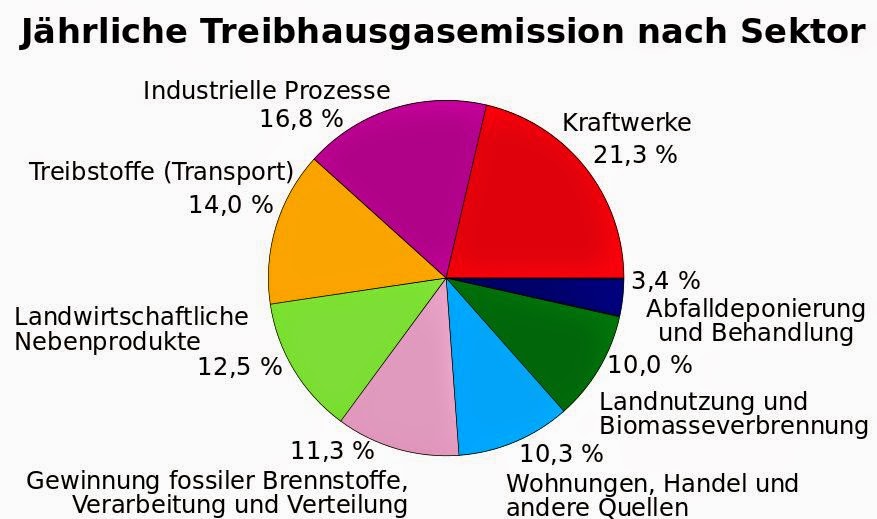Two world leaders met
and the summit labored and brought forth a mouse.
and the summit labored and brought forth a mouse.
 |
| Looking for help (©BZ/Haitzinger) |
The positive aspect of the mutual understanding is that China, being the biggest emitter of carbon dioxide with nearly 10 billion tons per year, no longer insists on its status as a developing country with a per capita emission of only 7.1 tons of carbon dioxide per year compared to 16.4 for the US and 9.7 for Germany. It seems that China eventually recognized its responsibility towards its citizens* when Chairman Xi announced to level off fossil fuel consumption by 2030.
*We all have seen those pictures of massive air pollution in the streets of Beijing
 |
| Total emission and emission per capita of carbon dioxide in 2012 (©BZ/dpa) |
 |
| China's yearly consumption of coal (©Der Spiegel) |
 |
| Fossil fuel reserves of our planet and coal reserves of selected countries (©Der Spiegel) |
 |
| China's coal consumption leveling off in 2030 as promised by Chairman Xi |
*A scientific MIT-Tsinghua University study also concluded that China's coal consumption will peak 17% higher in 2030 compared to the year 2014
At the same time, President Obama announced that the US would reduce its greenhouse gas emissions 26% below 2005 levels by 2025. When he made the promise, did he consider the new political constellation in Washington? I understand the coal lobby is strong among Republicans, with many simply denying man-made climatic change*. Indeed America's coal reserves are much bigger than those of China.
In addition, "new" fossil fuels are gained by fracking. Presently cheap fossil energy is consumed in the States at a high rate, with a per capita emission of 16.4 tons of carbon dioxide per year, as mentioned before. China's present value of 7.1 will possibly stay below 8 by 2030, considering the scenario developed above and relatively moderate population growth.
*cf. Jim Inhofe's book published in 2012: The Greatest Hoax: How the Global Warming Conspiracy Threatens Your Future
And my country, green Germany? The goal is a 40% reduction of carbon dioxide emissions below 1998 levels by 2020. Only 32% will be reached with the present measures, and drastic actions are needed. The fight is on for the shutdown of lignite-fired power stations.
The Minister of Environment claims that only by shutting down a couple of those old polluters the goal of 40% by 2020 can be met, while the Minister of Economy and Energy states: You cannot shut down nuclear power* and fossil power at the same time. A delicate fact is that both ministers belong to the Social Democratic Party.
*Nine nuclear power stations are already shut down in Germany, with the rest to follow until 2040.
Red Baron's gloomy guess is that the world will miss its goal of limiting the temperature rise to two degrees centigrade by 2100. Why are we more concerned with climatic change and speak little about our planet's limited resources?
So even when we lose the climatic battle, renewable energy is needed. It is part of intergenerational justice that we create the energy sources of tomorrow for our descendants.
*cf. Jim Inhofe's book published in 2012: The Greatest Hoax: How the Global Warming Conspiracy Threatens Your Future
And my country, green Germany? The goal is a 40% reduction of carbon dioxide emissions below 1998 levels by 2020. Only 32% will be reached with the present measures, and drastic actions are needed. The fight is on for the shutdown of lignite-fired power stations.
 |
| Still the biggest polluter: Kraftwerke (fossil power stations) (©Wikipedia/Robert A. Rhode)) |
*Nine nuclear power stations are already shut down in Germany, with the rest to follow until 2040.
Red Baron's gloomy guess is that the world will miss its goal of limiting the temperature rise to two degrees centigrade by 2100. Why are we more concerned with climatic change and speak little about our planet's limited resources?
So even when we lose the climatic battle, renewable energy is needed. It is part of intergenerational justice that we create the energy sources of tomorrow for our descendants.
*


No comments:
Post a Comment